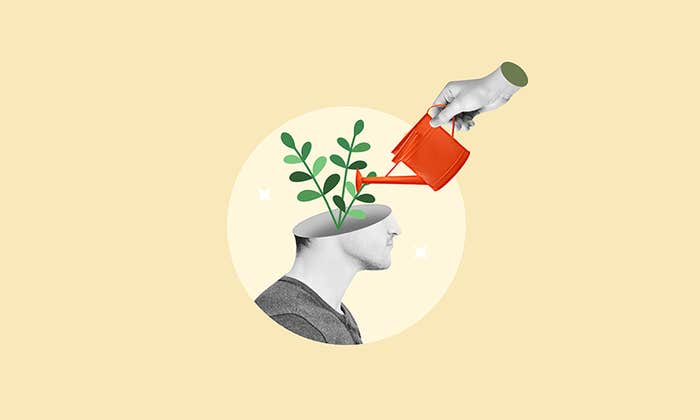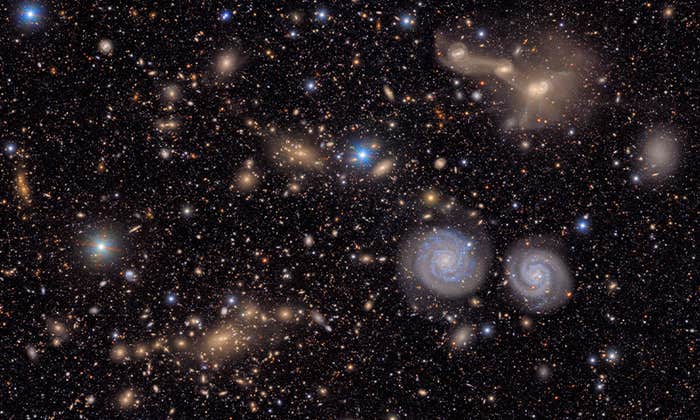Every few months, a family friend pays a visit, and I must be reminded to let her conspiracy theorizing pass unchallenged. “Don’t get drawn in,” I’m told. “Just say, ‘Oh, really? That’s interesting,’ and wait for the friend to lose steam and shift the subject elsewhere.” I repeatedly find this instruction impossible to follow. When the claims come that humans have had bases on Mars since the 1970s, and of course aliens can travel faster than light to reach us on Earth because they know how to move at the “speed of thought,” I feel an argumentative energy surge through me. In exasperation, my words take on a more forceful tone than I intended. Then I feel bad for not being able to hold back my frustration. Yet again it gets the better of me! But is that really how emotions work?
“It can certainly feel like emotions happen to you: that they bubble up and that they cause you to do and say things that are maybe ill-advised,” says Lisa Feldman Barrett in a recent Big Think interview. “But that explanation doesn’t really capture how your brain is making emotions.”
Feldman Barrett, a neuroscientist and the author of How Emotions Are Made: The Secret Life of the Brain, dispels the biggest myths about emotions. Emotions aren’t something that the “rational” part of our brain controls or loses control of, she tells Big Think. Emotions are constructed by the brain, rather than pre-existing hard-wired circuits that get activated in certain circumstances. They are a kind of physiological summary of the sensory signals our brain receives from the body at any given moment. “That’s where those feelings of pleasantness or unpleasantness, comfort, discomfort, feeling worked up or feeling calm and quiescent, come from,” she says.
Feelings, Feldman Barrett points out, aren’t synonymous with emotions. “Just in the same way that you would experience sound as quiet or loud, you can experience feeling very activated or very calm,” Feldman Barrett tells Big Think. “And what your brain is doing is telling itself a story about what is going on inside your body in relation to what’s happening in the world. It’s creating this story using knowledge about emotion that you have learned from your past to predict what you’re going to see and hear and feel. That’s what an emotion is.”
The fact that emotions don’t happen to you—that your brain is making them—“has really big implications,” Feldman Barrett says. One is that it means we can intervene, as it were, in the creation of our own emotions. “It involves seeding your brain to predict differently.” We’re not prisoners of your past. “But your past experiences, as they are reconstituted in your brain, are a fundamental ingredient of your present experience in your present actions,” she says in the Big Think interview. “If you understand that every experience you have now becomes part of your brain’s ability to predict, then you realize that the best way to change your past is to change your present.”
It’s encouraging to know I can start to modify my fed-up urge to correct pseudoscientific theories. After all, I do need to maintain family peace. On the next visit, I’ll plant some sympathetic seeds to soften my reactions. “I love the idea that our galaxy is full of space-faring civilizations,” I’ll say. “Could you point me to the best evidence for that? I have plenty of time.”
Watch Feldman Barrett’s complete Big Think interview below, then read more from her on myths about your brain and emotions in Nautilus. ![]()
Lead image: Master1305 / Shutterstock

























